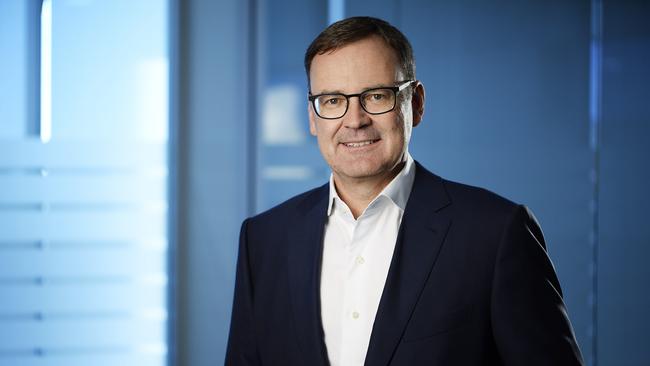
The handling of the buyout proposal from Brookfield and EIG by Origin Energy’s directors was being praised around the market at the weekend, and is being held up as an illustration of why boards should not disclose approaches too early.
The consortium made an offer of $7.95 per share on August 8 before lifting its bid to $8.70, $8.90 and then finally $9, taking its equity value to $15.5bn.
The offer is a 54.9 per cent premium to Origin’s closing price of $5.81 on November 9 and the consensus is that it is very attractive.
While there was robust discussion around the boardroom table about whether the offers fully valued the company, other company directors in other parts of the market noted that disclosing the possibility of a deal too early could have been a disaster for Origin.
A bidder could have been spooked by the possibility of political pushback or the emergence of an activity investor or other protest action, as was the case when Brookfield bid for Origin rival AGL.
Shareholders are frequently frustrated by boards failing to disclose offers, but experts say it should be treated on a case-by-case basis.
In some instances, boards may be sitting on offers that could be in the best interest of shareholders for fear of losing jobs, and in such cases the offers should be disclosed.
Yet disclose too early and the suitor could walk away.
It is understood that most of the equity for Origin is coming out of Brookfield’s pocket.
When EIG proposed to buy a 10 per cent stake in APLNG last year – before ConocoPhillips executed its pre-emptive rights – it offered $2.12bn. Based on that valuation, it would be paying $5.83bn for Origin’s 27.5 per cent stake in APLNG.
Brookfield may have provided a high level of equity but it is understood that this is typical of the financing for an energy asset, in contrast to a passive, low-risk regulated infrastructure asset that can justify higher debt levels.
The Canadian private equity firm is expected to roll over Origin’s existing funding.
Barrenjoey and Jarden Australia are working as defence advisers for Origin.
Sources say Barrenjoey’s co-executive chairman Matthew Grounds has a close relationship with Origin’s chief executive Frank Calabria, while Jarden’s Aidan Allen is close to chairman Scott Perkins, a former investment banker who previously ran Deutsche Bank in Australia.
Other factors that could impact the bid are Tri-Star Group’s legal claim against APLNG, but suitors do not view the legal claims as a risk.
Brookfield part-owns electricity transmission network AusNet Services, which may catch the attention of the Australian Competition & Consumer Commission.
Sources say in the worst case, the private equity fund may need to sell some assets.



